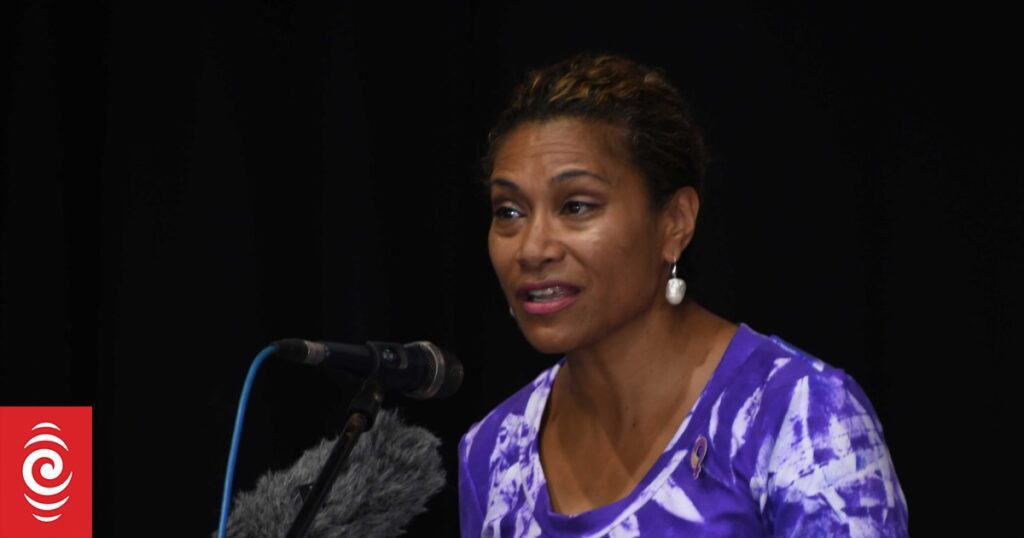Lynda Tabuya
Photo: Facebook / Fiji Government
The Fiji Council of Social Services (FCOSS) maintains that the recent media focus on Lynda Tabuya will not discourage women from pursuing political careers.
Tabuya, who served as the Minister for Women and Children, was terminated from her position on December 26 following the unauthorized release of a private video intended for her husband. The video, made public after her phone was hacked, went viral and led to significant public backlash against her.
This incident has sparked broader discussions about the treatment of women in politics, particularly regarding the scrutiny their personal lives face and whether such scandals deter other women from entering political arenas.
Vani Catanasiga, FCOSS Director, emphasized the standards public figures must uphold. She expressed, “Here, the media attention does not deter young girls from entering politics. On the contrary, it seems to inspire them to pursue these opportunities.”
Public Scrutiny and Controversy
The leaked video is just one of several controversies surrounding Tabuya. In January 2024, she was removed from her role as deputy leader of the People’s Alliance Party (PAP) amid allegations of an affair with Education Minister Aseri Radrodro, which reportedly involved drug use during a parliamentary trip to Melbourne in 2023.

Fiji’s now dismissed education minister Aseri Radrodro (left) and women’s and children’s minister Lynda Tabuya (right). Prime Minister Sitiveni Rabuka (middle) has expressed he will not respond to “comments on social media”.
Photo: RNZ Pacific
Tabuya has denied these allegations, claiming they are politically motivated and linked to previous opposition to her party leadership role.
Double Standards and Gender-Based Violence
The controversy surrounding Tabuya has sparked vital discussions about the differing standards imposed on men and women in government roles, illustrating the pervasive issue of gender-based violence online in Fiji.
Critics argue that women—especially those in prominent positions—are often subjected to harsher moral expectations. Tabuya herself has categorized the leak as an act of cybercrime and a form of gender-based violence.
“It is an egregious form of cyberbullying that must cease if we are genuinely committed to addressing violence against women and girls in Fiji,” she stated.
An article in ABC Pacific on December 30 triggered significant public criticism. Some condemned Tabuya’s actions, accusing her of undermining leadership integrity, while others expressed concerns regarding government standards, highlighting that moral expectations should transcend gender.
Prominent women’s rights activist Shamima Ali has been a staunch supporter of Tabuya, pointing out the lack of repercussions faced by Radrodro compared to the severe consequences Tabuya has endured.
In April 2024, Radrodro was reinstated as Minister for Education just three months after his demotion. In response to the scandal, Dialogue Fiji’s executive director Nilesh Lali commented on the multiple forms of punishment Tabuya has suffered: “First, by the significant violation of her privacy, and then through her dismissal from office. Those who claim moral superiority in this instance are disturbingly silent on broader societal issues such as racism and child abuse that plague Fiji.”
The political response has been varied. Prime Minister Rabuka justified Tabuya’s removal as a necessary step for the public good but acknowledged the contradictions in respecting privacy and protecting against gender-based violence.
Uncertain Future for Tabuya
Tabuya’s future in politics hangs in the balance, pending the outcome of a disciplinary hearing conducted by the People’s Alliance Party earlier this month, with results anticipated this week.


